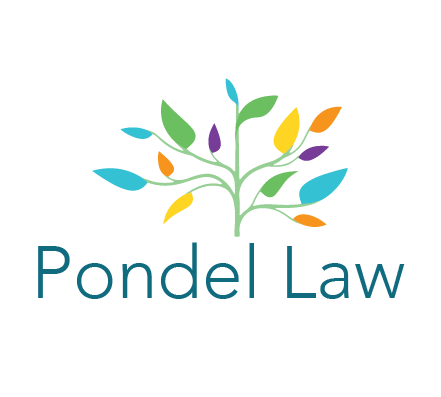Elad and his partner live in Israel with their one-month old daughter. Both men served in the military and are as active as any other member of their community. Their daughter was conceived using a surrogate in India. Why? Because same-sex couples and unmarried people are not allowed to use surrogacy in Israel. However, a law which received the approval of the Israeli cabinet on Sunday, June 1 is aimed at changing this policy. This new law extends the ability to use a surrogate in Israel to all couples, not just heterosexual couples.
The bill had been going through months of debate in the cabinet, but tensions on the bill were eased and the cabinet was finally able to vote. While the bill does extend the rights to use surrogacy to singles and same-sex couples, it also imposes a few restrictions on both Surrogates and Intended Parents. Surrogates are limited to three surrogate pregnancies and they can be no older than 38 (actually raising the maximum age). Intended Parents must be no older than 54 and are only allowed to conceive two children through surrogacy. Currently many LGBT couples have to go abroad (like Elad and his partner) in order to use a surrogate. Most go to India or Thailand. The ability to use a surrogate in Israel will mean they no longer have to deal with all of the red tape of immigration and they will be able to bring a new member into their family.
Those who oppose the law argue that it merely “pays lip service” to the LGBT community in Israel. Irit Rosenblum, founder of the “New Family” NGO in Israel states that the law will lead to couples dealing with committees and much more red tape in order to conceive a child. He believes that it will just lead to fewer, not more, surrogacy arrangements. Even so, members of the LGBT community are hopeful that the law will pass the Knesset, where it must pass three readings. Supporters of the bill in Israel are optimistic, with Israeli Health Minister Yael German stating, “It feels like the ova are thawed and now we can create the baby and deliver it in the Knesset (Israeli Parliament).” Elad and his partner are looking forward to the opportunity to add another child to their family and to be able to do that in Israel.



